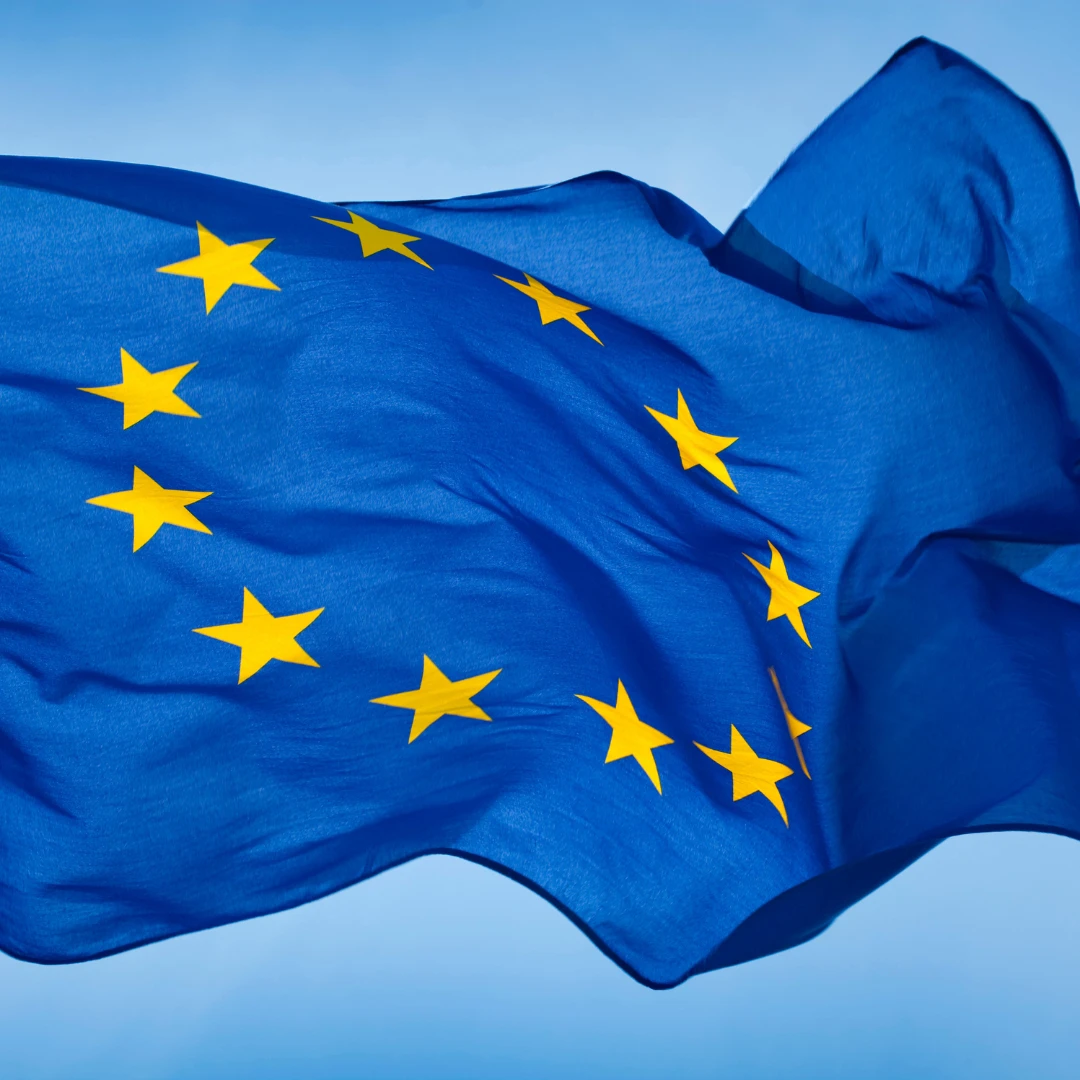Everything you need to know about the European Election
- Sebastian Palacios.

- Jun 18, 2024
- 4 min read
The European Parliament (EP) has 720 deputies called Members of European Parliament (MEPs), an increase from the previous makeup of 705 MEPs, a change implemented to accommodate demographic changes in several member states. The EP is the legislative branch of the European Union and one of the bloc’s three main institutions: the European Commission, which is the executive branch, and the European Council, which is made up of ministers from the governments of the 27 member states. The three institutions coordinate efforts to advance legislation in a wide field of areas, such as climate action, digital regulation, security, migration and asylum, the single market, environmental protection and the common budget.
However, the Parliament is the only EU institution where representatives are directly elected, and MEPs pass laws which are applied all over the bloc. In order for any legislation to be implemented, both the council and parliament have to agree. At the same time, it is the Parliament that has the ultimate vote on designating the leader of the European Commission (EC).
The Parliament started to operate in 1992 with the foundation of the European Union and was originally located permanently in Strasbourg, France. But, it currently gathers primarily in Brussels, Belgium, where the EU’s Commission is located, and moves once a month to Strasbourg, France to respect its original site. Shifting the seat of parliament permanently to Brussels would require unanimous support from all 27 members of the EU, and would certainly be blocked by France which protects the prestige and financial benefits that come with hosting the sessions.
The elections for the Parliament are held over four days every five years in June. In 2024, around 360 million people were eligible to vote in 27 countries. The minimum age for voters is 18 years old, with the exceptions of Greece (17), and Belgium, Germany, Malta and Austria (16). On the other hand, the minimum age to stand as a candidate to the Parliament ranges from 18 years old, except from 25 years old in Greece and Italy. All EU citizens have the right to stand for office in another EU country if they are residents there.
Since 2014, each party has been asked to publicly designate a lead candidate, or Spitzenkandidat in German, to preside over the Commission to make it more democratic and accountable in the eyes of European voters, and then the Parliaments elects the future commissioner in September following the elections. Currently, the conservative German Ursula von der Leyen leads the EC.
The turnout for the 2024 election was 51%, almost identical as in 2019. The far-right finished first in France, Italy and Austria, and came second in Germany and the Netherlands. Whereas the left and green parties made huge advances in the Nordic countries.
Each national political party is assigned a number of MEPs relative to their vote share. MEPs can then join a European political party, which allows them to sit in a group in the parliament. These parties and groupings are multinational and based on a set of shared beliefs. The political groups are as follows:
■ The European People’s party (EPP)
Is the biggest political family, representing the center right. It includes heavyweights such as Germany’s Christian Democratic Union (CDU) and Poland’s Civic Platform. It has the most seats in parliament.
■The Progressive Alliance of Socialists and Democrats (S&D)
This group, commonly referred to as the Socialists and Democrats, is the second largest. It includes parties such as Spain’s Socialist party and Germany’s Social Democratic Party.
■Renew Europe
This grouping brings together centrist and liberal parties, including Emmanuel Macron’s Renaissance.
■European Conservatives and Reformists (ECR)
This is a pro-EU extreme right. It includes parties such as Giorgia Meloni’s Brothers of Italy and Poland’s conservative Law and Justice – but also groupings such as Spain’s far-right Vox and the French far-right party Reconquest, founded by Éric Zemmour.
■Identity and Democracy (ID)
This is a more anti-EU far-right group. It includes France’s National Rally, Austria’s Freedom party and Belgium’s Vlaams Belang. In May, Alternative for Germany (AfD) was expelled from the group after a leader said that not all Nazi SS members were criminals. Now, AfD has become part of extremist parties that are in the “without party’’ group.
■Greens
The Green parties all over the EU, very left-wing group.
■The Left
This group includes members such as La France Insoumise and Ireland’s Sinn Féin.
■Non Inscrits
Pro-independence parties, extreme right-wing and communists. AfD and Viktor Orban’s Fidesz are here.
Far-right parties won record support in this year's European Parliament elections, especially among young voters (18 to 35 years old). In Germany, polls indicate that the far-right AfD party gained 5 points in these ages. And inFrance, Marine Le Pen’s Nationa Rally was the most voted in that group.
The Identity and Democracy group made major gains, while the right-wing European Conservatives and Reformists saw a slight uptick in votes. The center-right European People's Party once again won the most parliamentary seats, with a marginally bigger lead than before. The liberal Renew Europe and the Greens/European Free Alliance, meanwhile, both lost a significant number of seats, whereas the left only lost 1 MEP. All together, the extreme-right groups form the second biggest bloc, after the conservative EPP center-right group.
Ursula von der Leyen, president of the European Commission and an EPP member, said her party had once again shown itself to be the "strongest" in Parliament. She will try to get the votes of the pro-European extreme-right group led by Meloni. Meanwhile, French President Emmanuel Macron was forced to call for a new parliamentary election after his Renaissance party suffered a heavy defeat to Marine Le Pen's far-right National Rally.
Why did the extreme right win so much in Germany and France but lose in the Nordic countries?
One of the most solid explanations is that the extreme right parties have already ruled in the Nordic countries between 2015 and 2024, whereas in Germany and France, where immigration and economic protectionist policies dominate the agenda, the traditional parties have still kept the main power in politics. And the EU elections are seen as a way to protest against the national political leaders.
The final composition of the EU parliament and the decision of who will lead the European Commission is poised to happen until September. So until then, many negotiations will take place.

















Comments